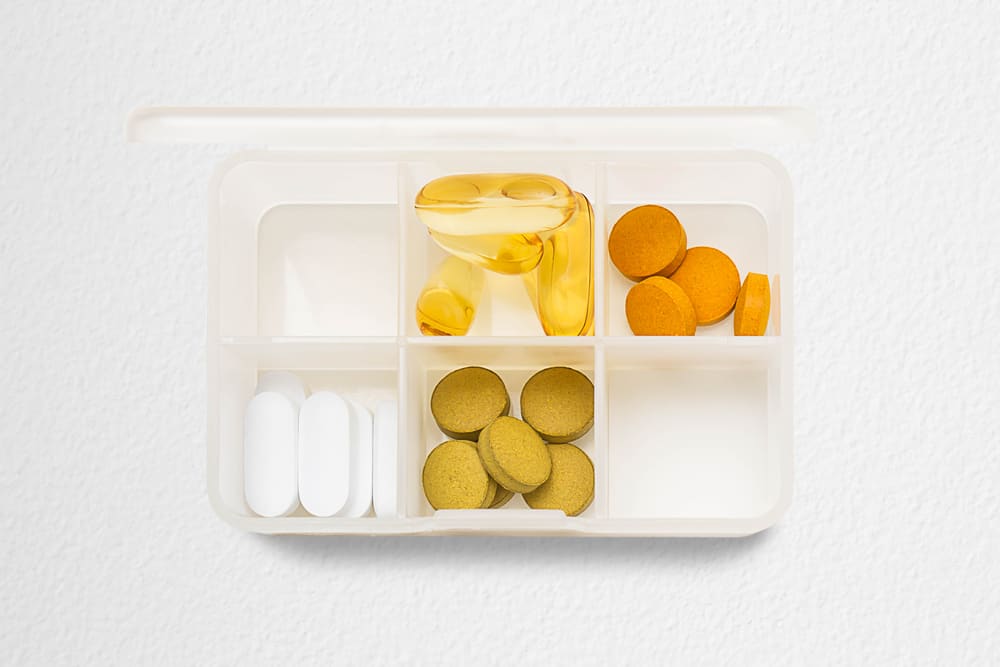Contents:
Medical Video: The science of milk - Jonathan J. O'Sullivan
Many mothers are worried that their babies will not get enough milk. But many actually experienced the opposite in the first week after childbirth, because the milk produced was flooded. The rush of milk that comes out and is difficult to control, can make a baby choke or have difficulty breathing when breastfeeding. Some babies can even experience difficulty during breastfeeding because they are overwhelmed by the heavy flow of milk. Excessive milk production also sometimes leaks out, making you restless and uncomfortable (especially if it is leaking outside the house). Is this normal?
There are several reasons why your body produces too much milk. The mother's body will naturally produce large amounts of milk from the beginning of breastfeeding. In other cases, the condition of excess breastfeeding may be caused by a mismanagement of breastfeeding, because you want to provide as much as possible the supply of breast milk to ensure the baby is fulfilled with his nutritional needs. In fact, the milk supply and expenditure system will gradually adapt itself in the months ahead, so that the milk comes out according to your baby's needs and will no longer come out excessively. To get around the leaky milk, always bring a towel to dry you and your baby while breastfeeding, and try some of these techniques to slow the flow of milk.
- If your baby is panting while breastfeeding, try to stop breastfeeding for a moment. When the flow of milk that comes out starts to slow down and the baby is no longer panting, put the little one back on your breast.
- Feed your baby enough with just one breast at one time breastfeeding. Don't move around. In this way, your breasts will drain more and your baby will only be flooded once with milk.
- When breastfeeding, gently massage your areola to help control the flow of milk.
- Position your baby in a sitting position. Some babies will let milk drip out of their mouths to overcome this problem.
- Try breastfeeding with the position of the mother leaning or sleeping on her back with the baby pressed against your chest (although this position may sometimes be difficult).
- Briefly milk before breastfeeding so that the flow of milk is not too heavy, so the baby will not be overwhelmed by milk. Then you can position the baby to suckle.
Don't be tempted to reduce your fluid intake. Either increasing or decreasing fluid intake will greatly affect your milk production. Reducing drinking won't cause you to produce less milk, but it can cause problems for your health.
If you are worried about this, contact your doctor or health professional for help and advice.












